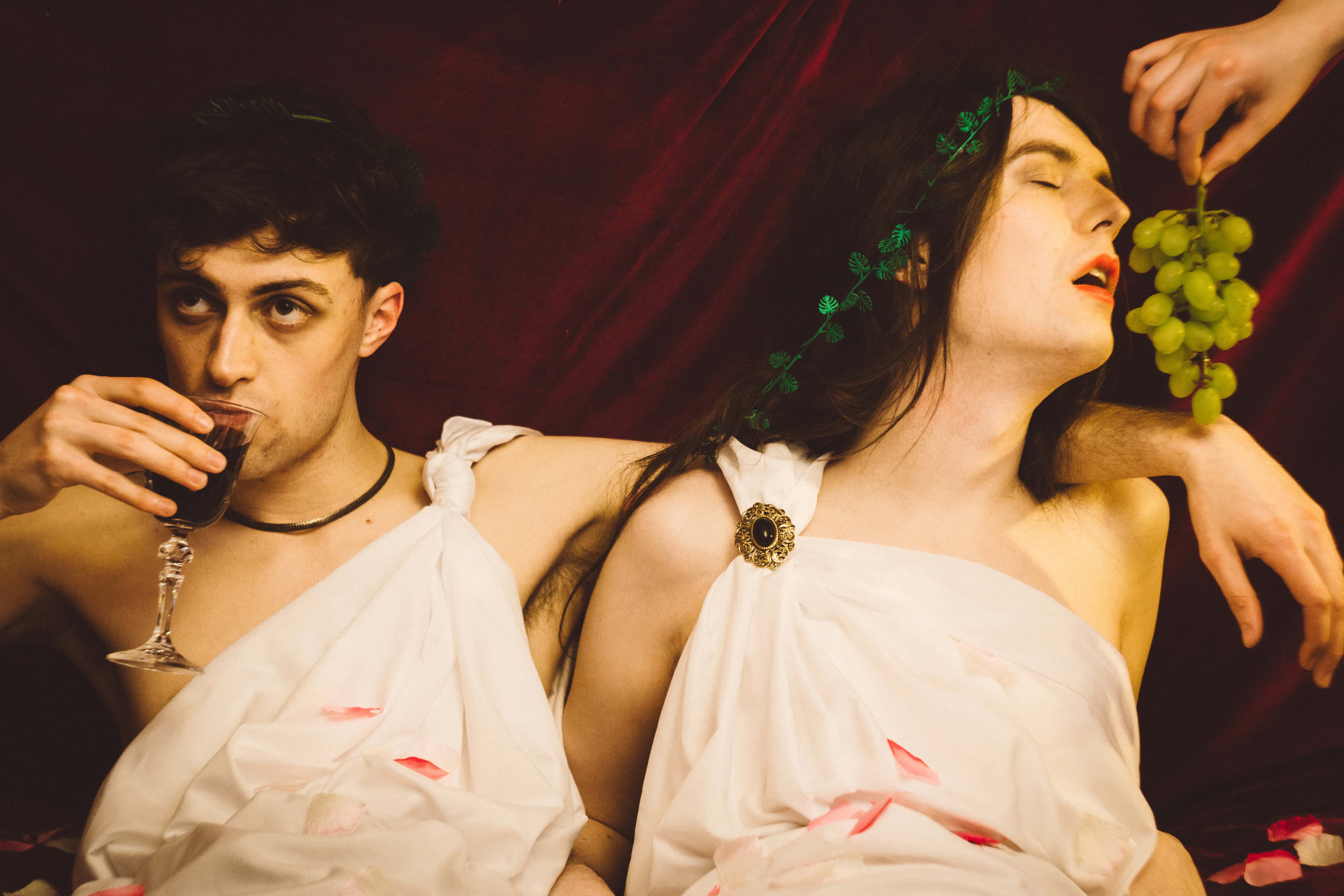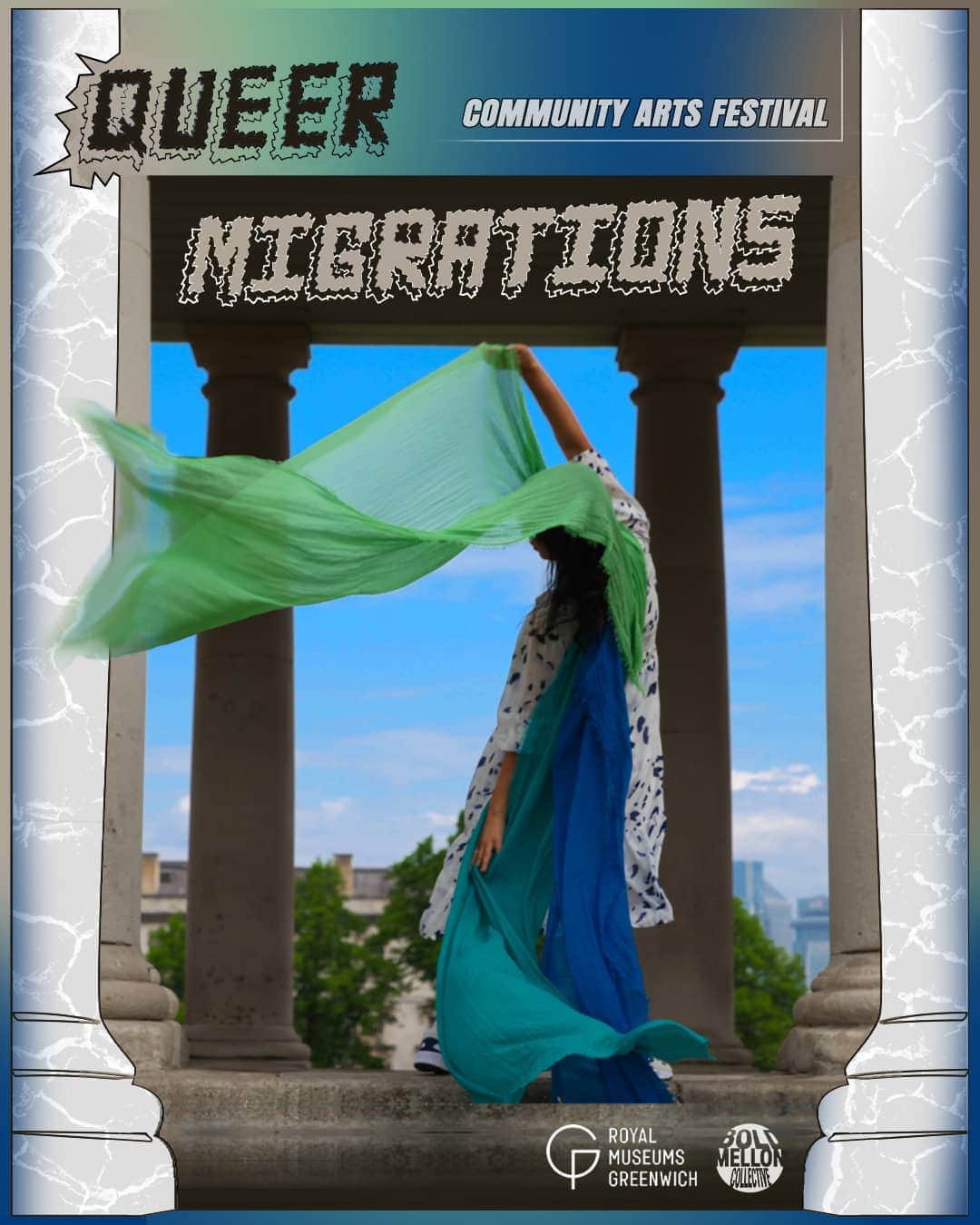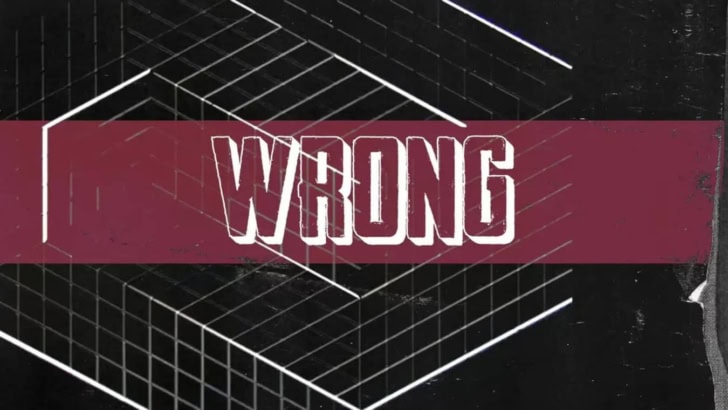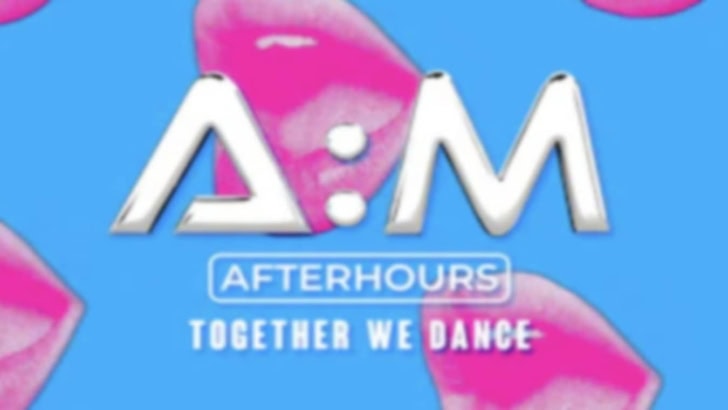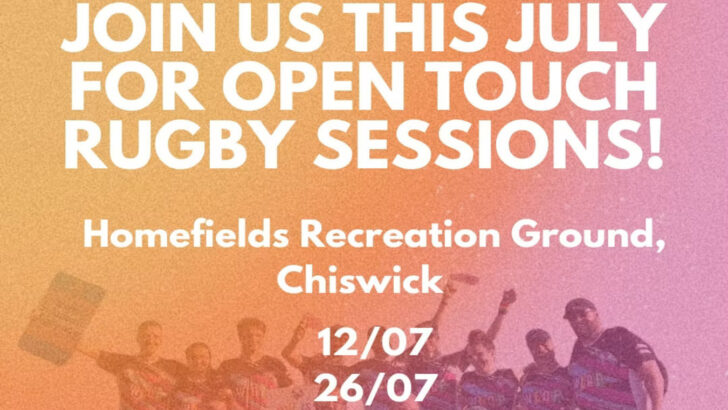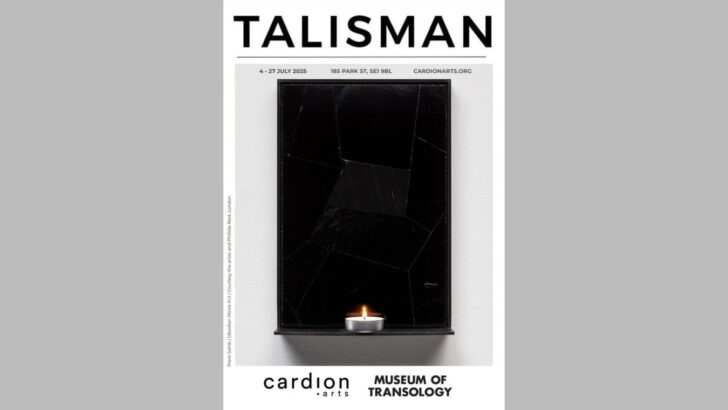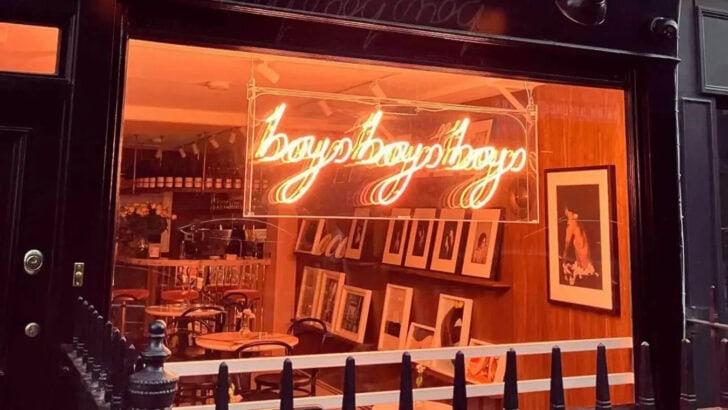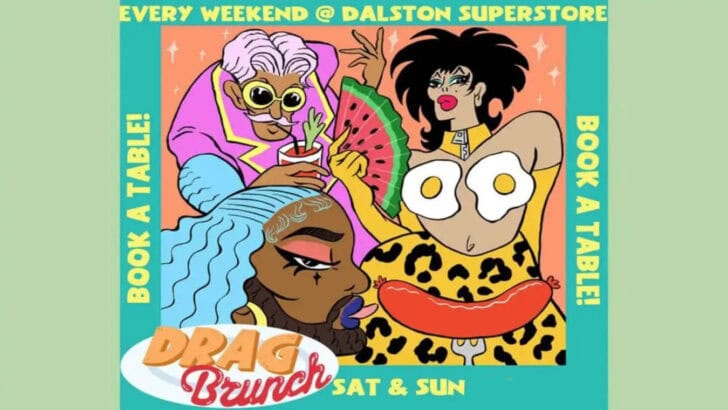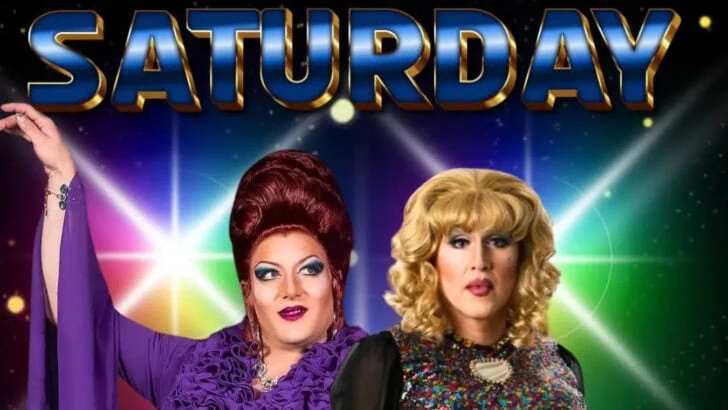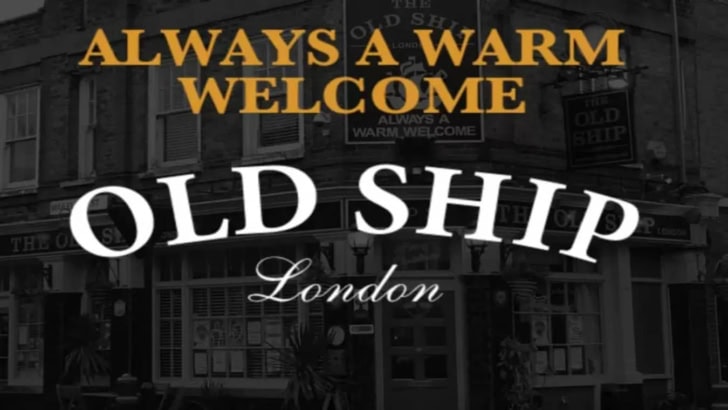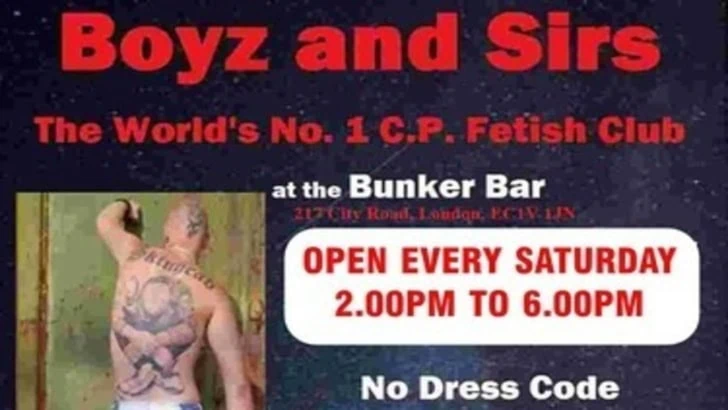We meet the up-and-coming electro band making waves up in Manchester
For anyone who hasn’t had a listen to your music yet, how would you describe your sound?
We like the term freak-pop. Songs that obey the conventions of pop to a point – there’s a chorus, there are hooks, hopefully, it’s not hard to sing along. But then all of that’s slathered with a twisted, restless soundscape and topped off with sardonic, dystopian lyrics. It’s a similar kind of ethos to the more left-field figures of new wave – XTC, Thomas Dolby, even Adam Ant.
How did you two come together? Was it music at first sight?
We met aged 11 at youth theatre back in our old home city of York, and for three years before the band formed we actually had a children’s theatre company – technically, we can claim to have played Latitude Festival twice. Hopefully, when they have us back we won’t be in the kids’ tent again. I’m not sure how appropriate our new stuff is for kids. Anyway, we started properly playing music together in 2015.
How adorable! So wehat would you say your music is challenging within the music industry?
That’s an interesting question. It’s not one that crosses our minds when writing a song – we’re just trying to make the kind of music that we’d want to listen to. But then a lot of our tracks could definitely come off as quite confrontational, whether they sound like they’re being held in place with a few strands of tape (like Centaur) or whether they refuse to stop flitting into new musical sections. A lot of that willingness to experiment is a reaction to the landfill indie we grew up with, where the ‘alternative’ was being sanitised and made advertiser-friendly. But I’m not going to pretend that’s a novel idea of ours; we’re big fans of HMLTD, Pixx and other weirdos that have emerged in Britain these past two years.
Your visuals have a strong queer sensibility to them. How would you say that queerness informs what you do?
Queer identity played a huge part in the band’s formative years, as we got together right around the time Flora came to grips with being transgender. We used to play a fair amount of material directly inspired by that, but it’s all been phased out of our sets now, largely because the sadness and intensity that those songs had was hard to reconcile with the wild, bizarro antics of our live shows. That and we wrote better songs. Rumours are if you look deeply enough through the annals of history you might find demos of some of those tracks floating around, but we definitely can’t confirm that. With our visuals, I think what we take most from queerness is a sense of fearless abandon, that you can rock anything if it’s with enough confidence. We’re currently in togas, but we’ve previously sported lipstick-stained boiler suits and Weimar cabaret garb. It’s only ‘not cool’ if you don’t feel cool.
PREACH! Now let’s talk influences. Who would you peg as being your key music influences right now? Who’s slaying the game?
Our biggest contemporary influences come from the PC Music circles: SOPHIE, GFOTY, Easyfun, the lot. They’re the standard-bearers for self-sabotaging pop in this day and age, so while we don’t sound all that similar, we’re definitely trying to replicate the kind of sonic experimentation you get in a SOPHIE beat, for example. The aforementioned HMLTD and Pixx are also up there, and Tune-Yards has always been one of our idols too. As for artists that we think are on another level even if we’re not directly inspired by them… in no particular order, Ezra Furman, Tyler the Creator, Richard Dawson, Lizzo, Daphne & Celeste’s recent stuff with Max Tundra, Westerman, the ever-prolific Momus.
So you’re both Manchester dwellers. How does the city of Manchester influence your music? Which nightspots should anyone visiting the city check out?
Manchester influences us most in what we kick back against. Don’t get us wrong, it’s a city of amazing artistic heritage which is still teeming with creativity if you know where to look. But many venues and promoters rest too heavily on its history of guitar pop greats and at a glance, its music scene can look like a sea of identikit mod haircuts, and riffs so massive you almost don’t notice how boring they are. Living here drives us to make music that’s campy, ambitious and weird and put on live events that make people glance up from their IPAs.
As for spots to check out, The Peer Hat probably puts on the most consistently interesting shows. Fairfield Social Club is probably the most amazing new venue, we were lucky enough to put our single launch on there. It’s a cavernous space underneath some old railway arches and they host a delicious food market every weekend. As for pubs, it doesn’t get any better than the Smithfield Tavern or, if you’re willing to explore some of Manchester’s up-and-coming neighbourhoods, The Talleyrand in Levenshulme plays host to some brilliant arts events.
Your live performances often feel like you knocked back a crate of Red Bull before hitting the stage. Why is it important to bring high-energy vibes to your live gigs?
When there are only two of you on the stage you can’t rely solely on huge musical moments, crashes of noise, ten-minute guitar solos and all that malarkey – you have to make an impact some other way. We’re unabashed theatre kids, so the best way we find to keep the audience engaged is to take on larger-than-life personas and bring the performance closer to them, off the stage and into the audience (thank you to the real MVP of the band, our loop pedal, for keeping the music going). Anyway, we bring our energy down to them in the hopes they come along for the ride. Engaging with audience members personally is really common in genres like punk, but I think in indie there’s a tendency to keep a cool, otherworldly disconnect. The truth is we’re not good at cool and never will be. We’re theatre kids!
You’ve just released your debut single ‘Centaur’. It’s really trippy. How would you describe the track?
Trippy is a good start. When we first wrote it we thought it might be a bit too out there even for us, with its yelped bridges and jolting, spontaneous drumbeats. But our producer and collaborator Martin J King saw the pop in it and helped bring that closer to the surface; with him we crafted the sugary outro, which is definitely the track’s harmonic release, resolving the tension that the rest of the song is constantly building. Lyrically it’s about the darkness of the internet, and the human need to create antagonists, through the lens of video game enemies. Even though it’s hardly our most accessible track, it’s probably our most Vanity Project track, which is why we chose it for the debut.
With your music FINALLY being out there, what’s next for The Vanity Project?
If you want to catch us live we’ll be at Gulliver’s in Manchester on the 12th of May supporting the incredible Dilettante, and we’ll be headlining York Crescent on the 18th of May in support of Stop the War. We’re working on some Centaur-related content as we speak but it’s too early for us to reveal anything juicy about it. And of course, new music very soon.
You can listen to ‘Centaur’ by The Vanity Project on Spotify and Apple Music now. Listen here:
